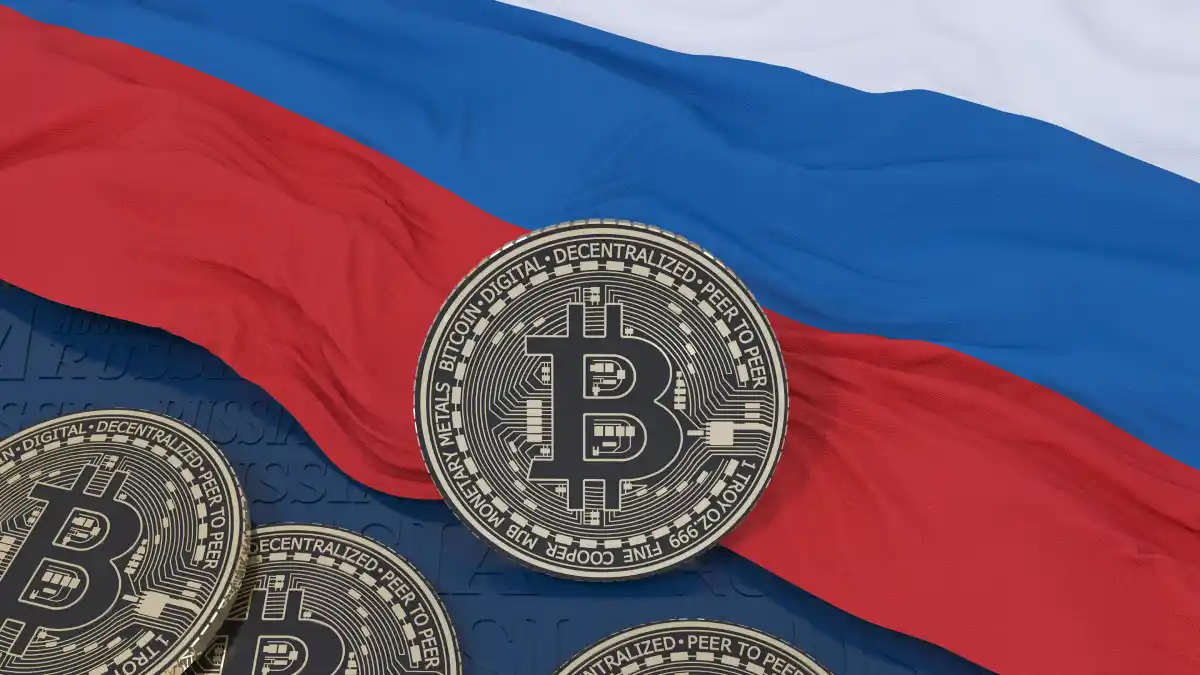
Russia is proposing a 15% tax on cryptocurrency earnings, signaling a shift in regulations for crypto miners and transactions. The draft amendment, introduced by the Ministry of Finance on Monday, aims to create a structured framework for cryptocurrency taxation and mining operations in the country.
New Russia Crypto Tax Framework
The proposed legislation includes a 15% personal income tax on cryptocurrency earnings, a significant step toward formalizing crypto sector taxation. Income derived from mined tokens will be taxed based on their market value at the time of receipt. Miners, however, will be allowed to deduct operational expenses, ensuring a fair tax calculation process.
Under these amendments, cryptocurrencies will be classified as property for taxation purposes. Value-added tax (VAT) on crypto transactions will be removed, with income generated from these transactions taxed similarly to securities.
Mining infrastructure operators will also have new obligations, such as notifying tax authorities about individuals using their facilities for mining. While the exact details of the required disclosures remain unclear, this measure reflects the government’s intent to increase transparency in the crypto mining industry.
Unrealized Gains and Evolving Crypto Regulations
The Federal Tax Service (FNS) has proposed taxing miners on unrealized gains, meaning that miners may owe taxes on unsold cryptocurrencies. The FNS is developing a two-stage tax system, which could add complexity to mining operations.
Additionally, President Vladimir Putin signed a law on October 28, 2024, transferring oversight of the crypto mining registry to the FNS. Industrial miners will now need to register with the agency, while home-based miners are exempt as long as their energy consumption remains within prescribed limits.
On a related note, Russia’s banking sector is also adapting to the digital currency boom. Sberbank, the country’s largest bank, announced a pilot program for crypto-powered settlements on November 15, 2024. This initiative aligns with Russia’s broader digital currency agenda, which includes a digital ruble pilot and discussions on stablecoin issuance.
Crypto Mining Restrictions and Energy Concerns
Russia is also implementing stricter regulations on crypto mining to address electricity shortages. Starting November 1, only registered individual entrepreneurs and organizations are permitted to mine cryptocurrencies. Individuals without such status are allowed to mine Bitcoin but are capped at a monthly electricity usage of 6,000 kWh.
Furthermore, temporary mining bans will be enforced in certain regions from December 1, 2024, to March 15, 2025, as a measure to alleviate energy deficits during the winter months.
These sweeping changes, including taxation, regulation, and mining restrictions, mark a pivotal moment in Russia’s approach to cryptocurrency and its integration into the broader financial and energy systems.